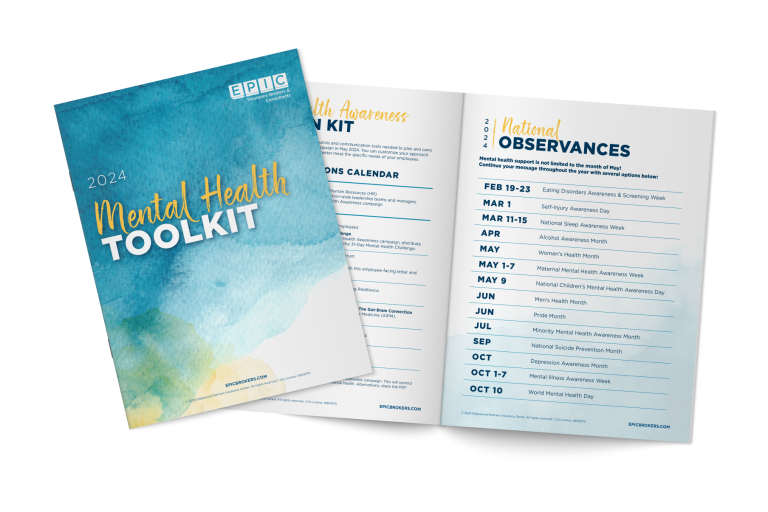Viewpoints from Craig Hasday
Kamala Harris retracted her support for Medicare for All during her recent presidential election campaign – but she is definitely left-leaning. She had been a co-sponsor of Bernie Sanders’ Medicare for All bill, but the headwinds were too fierce. Now, Vice Presidential Candidate Harris has a new opportunity to move healthcare even further to the left than Biden’s public option. In addition to advocating single-payer, Harris had suggested that the government actually set drug prices.
The lobbyists are pulling out their big guns. Consolidation is moving quickly in this high-stakes game.
Providers seem to think the only way they can survive is to be bigger and more integrated. Sentara Healthcare and Cone Health, hospital systems in Virginia and North Carolina, recently announced that they are merging to form a 17-hospital system. Between 2016 and 2018, 52 hospital systems with 178 hospitals merged into 41 systems.
In 2018, 51% of physicians were affiliated with hospital systems, up from 40% in 2016.
The risk to hospitals and other providers is significant and they are rapidly merging to remain competitive and to increase margins. A RAND Study reported that from 2015-2017, inpatient reimbursements for commercial patients averaged 204% of Medicare and 293% of Medicare for outpatient charges. But commercial payers are seeking to narrow this quickly. And employers are starting to move to reference-based pricing (RBP), which calculates claim reimbursement based upon Medicare published rates irrespective of the provider bills. Many RBP formulas are keyed to 120% or 110% of Medicare. No doubt that the subsidy commercial take-on to offset lower payments from governmental payouts is significant, and this will make financing any single-payer system more costly. And the providers are strengthening their arsenal.
Meanwhile, the Trump administration is hoping they will prevail on the complete reversal of the Affordable Care Act (ACA). The Supreme Court is set to rule this fall. The president’s recent executive order disallowing imposition of pre-existing condition exclusions takes away a major political weakness for President Trump in the event the Court invalidates ACA. Americans cherish no Pre-Ex and there would be fallout from a takeaway. But the promise of any new healthcare plan is highly unlikely before the election.
Healthcare is sure to be a major campaign issue.
Costs may have taken second place to COVID-19 short-term, but Americans are concerned. I believe radical change will be near impossible to achieve unless the Democrats end up with control of the presidency and both houses. It will be a long, bumpy road either way.
Check out our COVID-19 employer resources for employee benefits and risk management on the EPIC dedicated coronavirus webpage
See results from our In It Together COVID-19 pulse surveys by visiting epicbrokers.com/insights/preparing-for-the-new-normal
Related Content
Products
Employee Benefits Consulting
Our dedicated EPIC benefits team is focused on delivering better outcomes – to both your benefits program ...
Products
Pharmacy Solutions
Our pharmacy experts work with the health and welfare teams to deliver certainty and direction for your ...
Products
Compliance
Our expert Compliance team provides comprehensive consulting services and in-depth education regarding the ...



